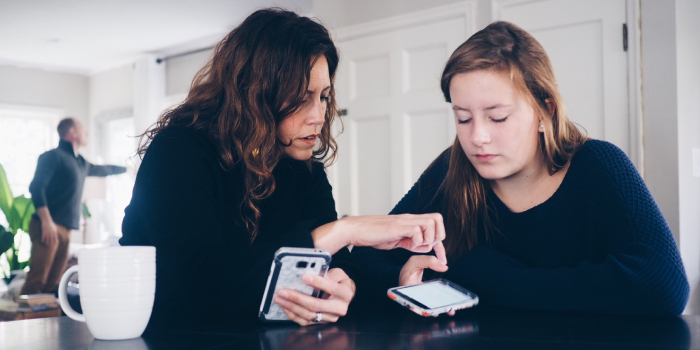New Year Financial Fitness: What to Do When You, or Your Kids, Receive a Cash Windfall

This is the season for sudden lump sums of money, from work bonuses to holiday gift money and tax refunds. What you do with that cash can have a major impact on your financial health for years to come. While everyone's personal situation is different, here are some general rules of thumb.
Start an emergency fund
A recent survey found that nearly half of Americans couldn't cover a $400 emergency. (One of them, author Neil Gabler, shared his own story in a recent episode of our Open Account podcast.) Open a savings account where you set the money aside for unexpected - and expensive - expenses. By saving first, you protect yourself from unnecessary, possibly high-interest debt in the future due to an emergency.
Pick a number
If you can pay down debt, start with the highest interest rate. Set a monthly amount for your debt repayment that you're comfortable with and then live your life after that. If that number is right, you'll be paying off your debt on the schedule that works for you.
Treat yourself
Studies show that we naturally want to have tangible things, which is why we're tempted to buy something shiny and new when we get a lump sum like a tax refund. Rather than making it an all-or-nothing, spend-vs-save situation, recognize the temptation and set aside a little bit to treat yourself while putting away the rest for saving or paying down debt.
Teach your children
It's the holidays. Your kids are sitting around on vacation, flush with a check or cash from grandma and grandpa or an aunt or uncle. It's the perfect time to talk to them about their own financial health, especially if they're teenagers and what they want costs more than what they've got. "When they want something, especially when their desires outweigh their meager money, they're very attentive," said one of our associates who's a parent of two teens.
Use the moment as a chance to talk about saving and spending without it seeming like "A Big Talk."
Also, if you haven't already, consider opening a checking account with a debit card. As scary as that may seem on first blush, it's a way to help your child be more financially responsible. They feel like you're giving them freedom; you can link their account to yours in online banking and use the mobile app so you can keep an eye on their spending. It's also an opportunity to get them in the habit of checking their accounts regularly for suspicious charges in a world where we no longer balance physical checkbooks.
We can help you set up everything in a store or over the phone.
For more ideas on financial fitness, check out our checklist.






